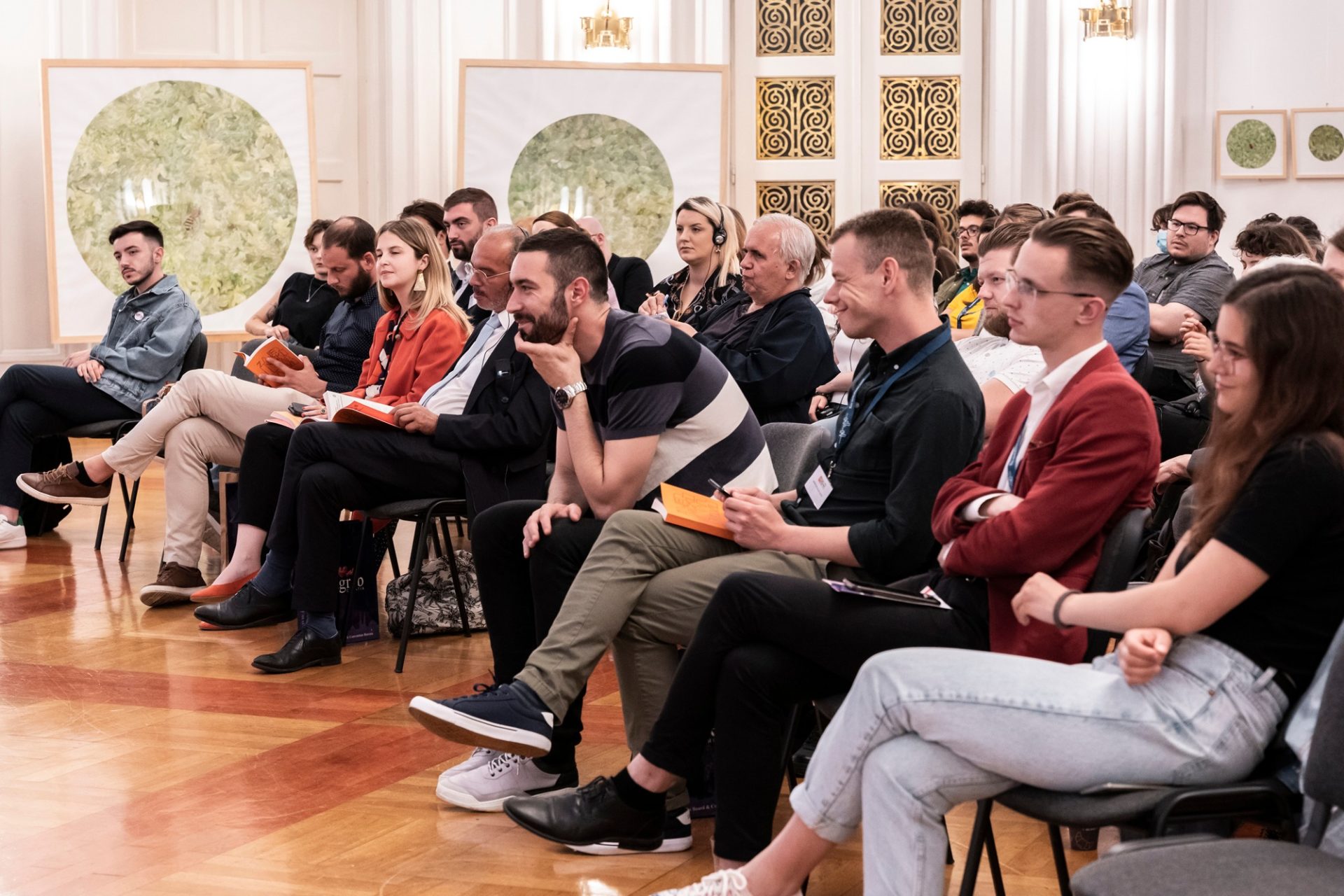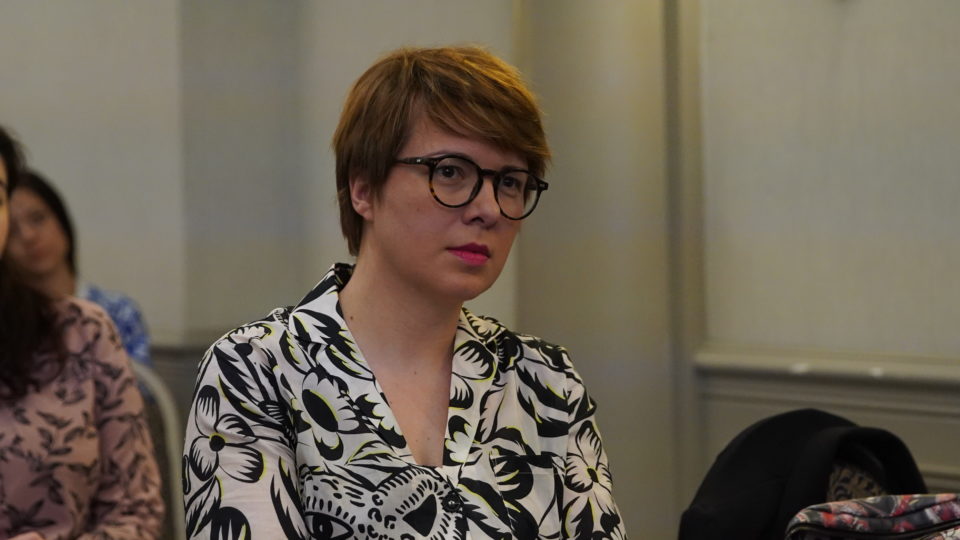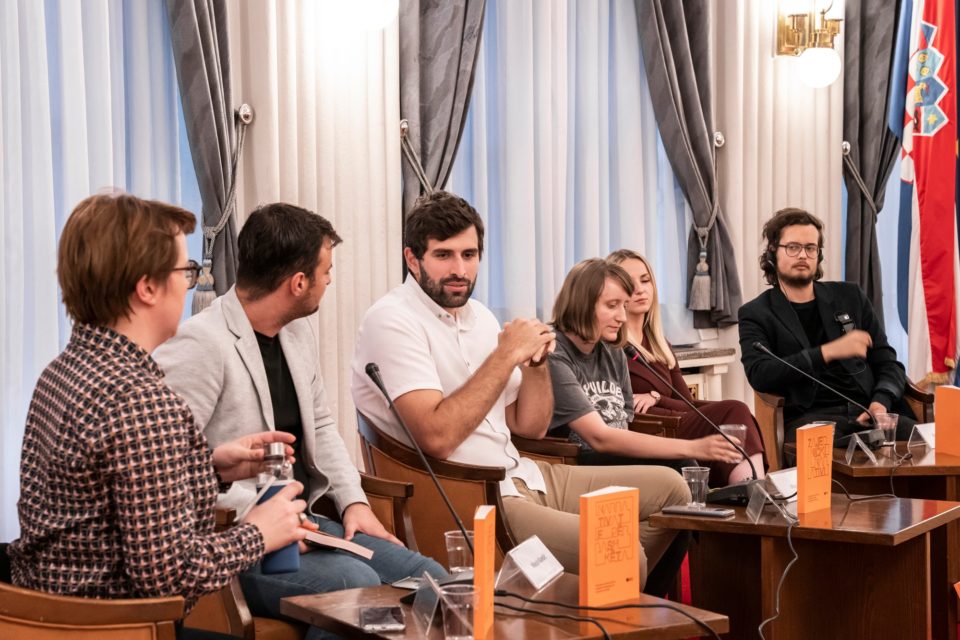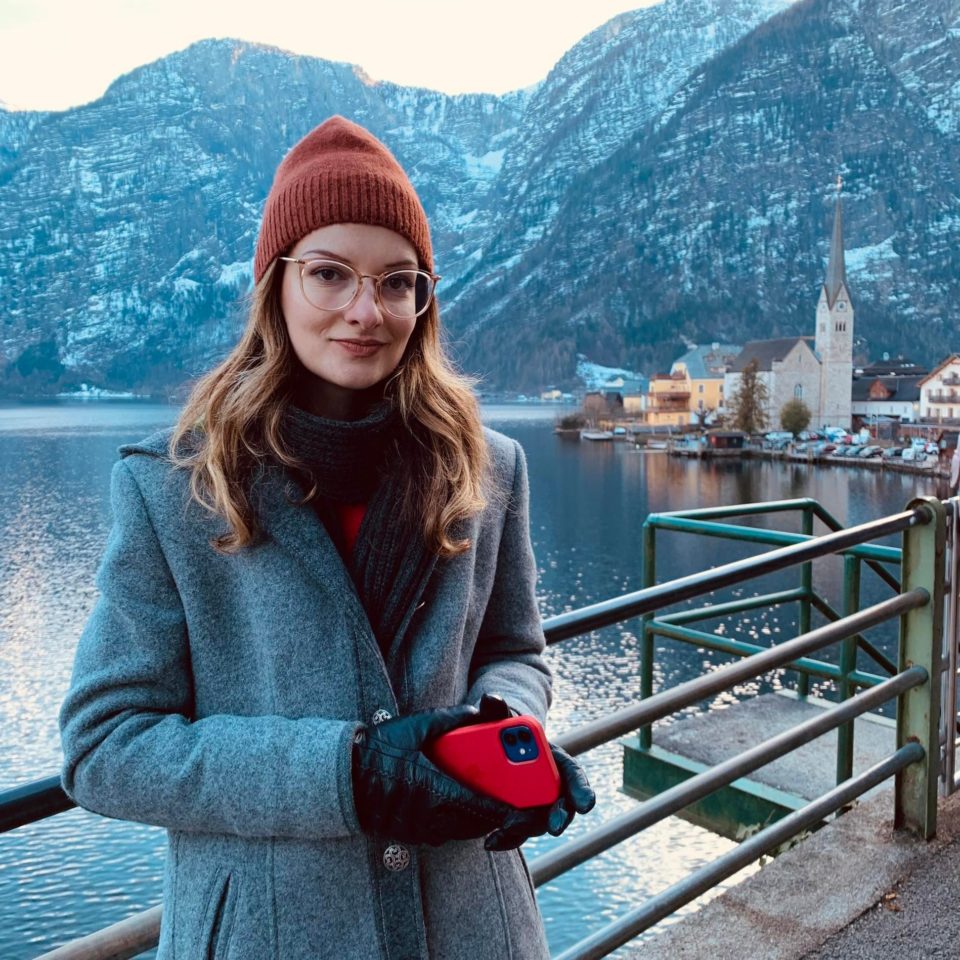
After visiting sites of suffering, talking to victims and witnesses, and conducting research, more than one hundred young people from the countries of the former Yugoslavia presented their views on some the most controversial events in the region during the 1900s in Shared Narratives, a publication of the Croatian Youth Initiative for Human Rights. The aim of the project was to encourage constructive dialogue and mutual understanding about the basic facts of the past in order to build a better future.
Young people from countries scarred by war have been left at the mercy of the dominant nationalist discourses and war-mongering rhetoric which representatives of the political elite still mercilessly use as tools for manipulation almost three decades after the war. There are several non-governmental organizations in the countries of the former Yugoslavia that are dedicated to building peace by bringing young people together from across the region and encouraging them to network and share their experiences. One such organization is the Youth Initiative for Human Rights (YIHR), a regional network with branches that operate independently in Montenegro, Serbia, Croatia, Bosnia and Herzegovina, and Kosovo.
Branka Vierda from YIHR Croatia says that those with political authority fail to initiate and implement policies that would lift the burden of dealing with the past off the shoulders of the “post-war” generations.

“These young people inherited the absence of a stable, meaningful, and responsible agenda that understands and nurtures inter-ethnic, inter-national, and human cooperation and solidarity. Our ethnic and national identities are inscribed with meanings that rely on the revisionist policies that dominate the story of the 90s,” explained Vierda, noting that how we perceive ourselves and other members of our community has a large impact on how we treat others.
Since its establishment in 2008, YIHR has been resisting the nationalist-revisionist policies of those in power by promoting judicially established facts and working to preserve the memories of the forgotten – or denied – civilian victims of the war. In order to provide the post-war generations with a safe space for their voices and different perspectives to be heard, a project was created which eventually resulted in the book Shared Narratives, published by YIHR Croatia.
Shared Narratives is based on the thinking and personal experience of Mario Mažić, the founder of the Youth Initiative for Human Rights. He gave the young people the opportunity to write about their views of the war in a unique compilation of shared narratives about the most regional controversial events of the 1990s.
The book is the work of over 100 young activists from Bosnia and Herzegovina, Serbia, Croatia, and Montenegro. At the “Bring Your Own History” conference, which took place in Belgrade, young people brought a phonograph which they felt best symbolizes the wars of the nineties. The goal of the conference was for young people to get to know each other and participate in lectures led by experts in political, cultural, and historical memory.
Young People are Active and Ready for Dialogue
The creation of Shared Narratives included visits to places of suffering, interviews with victims and witnesses, and desk research on the facts established by national and international courts and information from other relevant sources.

Vierda said that the most difficult part was dispelling the guilt that young people felt after visiting places of suffering for the crimes that were committed ‘in their name.’ YIHR provided support for the participants itself, without psychologists experienced in professional approaches to these situations. “That was the main motive to keep going – the effort to empower young people to continue their lives without guilt, but aware of the responsibility they have to ensure such events are not repeated in the future. I think we succeeded in that,” Vierda stated.
Those who worked on the book wrote about anti-war protests and the cultural scene during the 1990s, highlighting positive examples of individuals and organizations that worked to preserve peace and resisted the war. This demonstrated their openness to dialogue and interest in understanding what went on in that period.
Vierda emphasized that all generations must confront the culture of nationalism and historical revisionism to the best or their ability. She added that young people need to be aware of their social responsibility and become actively involved in building a better and more unified society, rather through individual initiatives or through supporting and participating in collective efforts by civil society organizations, political parties, or other institutions.
Dora Pavković, another contributor to the book, believes that together, they managed to open up a dialogue, put aside prejudices, and try to see and understand ‘the other side.’
“We managed to transfer what we had achieved among ourselves to the macro level – i.e. the final result, the book Shared Narratives. It clearly shows that there are different perceptions, many stories, or more narratives about the same event. In my opinion, this is exactly the goal: to understand that we have different views on the same events, and to try to understand each other and agree on some common minimum in order to turn towards the future,” explained Dora.
Jasmina Đapo, originally from the Brčko District of Bosnia and Herzegovina, said that politics still imposes narratives and manipulates young people, skillfully rehashing the themes of the 1990s’ war. “Young people are our future, so it’s very dangerous to spread intolerance,” stressed Jasmina.

She has participated in numerous conferences on transitional justice in Belgrade, Sarajevo, and Zagreb, and has been several times to The Hague at the invitation of Sir Geoffrey Nice, the former prosecutor International Criminal Tribunal for the former Yugoslavia, who lead the case against Serbian President Slobodan Milošević. Milošević died before the end of the trial.
Jasmina explained that at the invitation of Sir Geoffrey Nice, young lawyers came to The Hague from all over the world to learn about the work of the Tribunal and judicial processes, but also to encourage dialogue among young people from the region about the events of the war.
“Projects like these would have a really positive outcome, as participants would gain a new perspective and develop new friendships with their peers of other nationalities. The problem is that applications to participate in these projects always come from the same young people or those who were already open to dialogue, while it’s difficult to engage young people who really need to gain insight into these topics and who haven’t accepted the idea of unity and tolerance in our region yet,” said Jasmina.
Our interlocutor, as well as other young people, apply the knowledge the acquire in the field of human rights or student activism, which is one of the ways in which they contribute to reconciliation in the countries of the region and represent a new, fresh force for change.
“In Brčko, I was part of the generation that returned to the city from various sides after the events of the war, and I was part of the start of reconciliation and return to coexistence, and the revival of the idea of ethnic diversity. I remember how it went relatively quickly with us young people. We soon realized how similar we really are, friendships were formed very quickly, and all attempts to divide us usually came from politicians and older generations who directly participated and lived through the hardships of the war,” Jasmina added.
She believes that it is important for young people to be able to form their own opinions independently, to be given a new and objective perspective on these topics, and also to hear the voices of others to encourage dialogue with one another. “All of this can be achieved within the framework of the school system as well as the projects of non-governmental and governmental organizations,” noted Jasmina.
Institutions Should Start Listening to Young People
In order to progress as a society and to create a better future for generations to come, we must focus on the present and avoid returning to the conflicts of 1990s. This requires opening up on an individual and collective level, as well as learning to listen, think critically, and face historical complexities. This is the view of the more than 100 young people from across the region who contributed to Shared Narratives.
Vierda believes that if institutions would stop clinging to nationalist revisionism, they could learn a lot from today’s post-war generation.
“They could learn about inclusive dialogue, critical thinking, the responsible interpretation of the past as a pledge to create a better future, and not to hide behind national myths and ideologies that only carry additional burdens and mutual exclusivity,” says Vierda.






